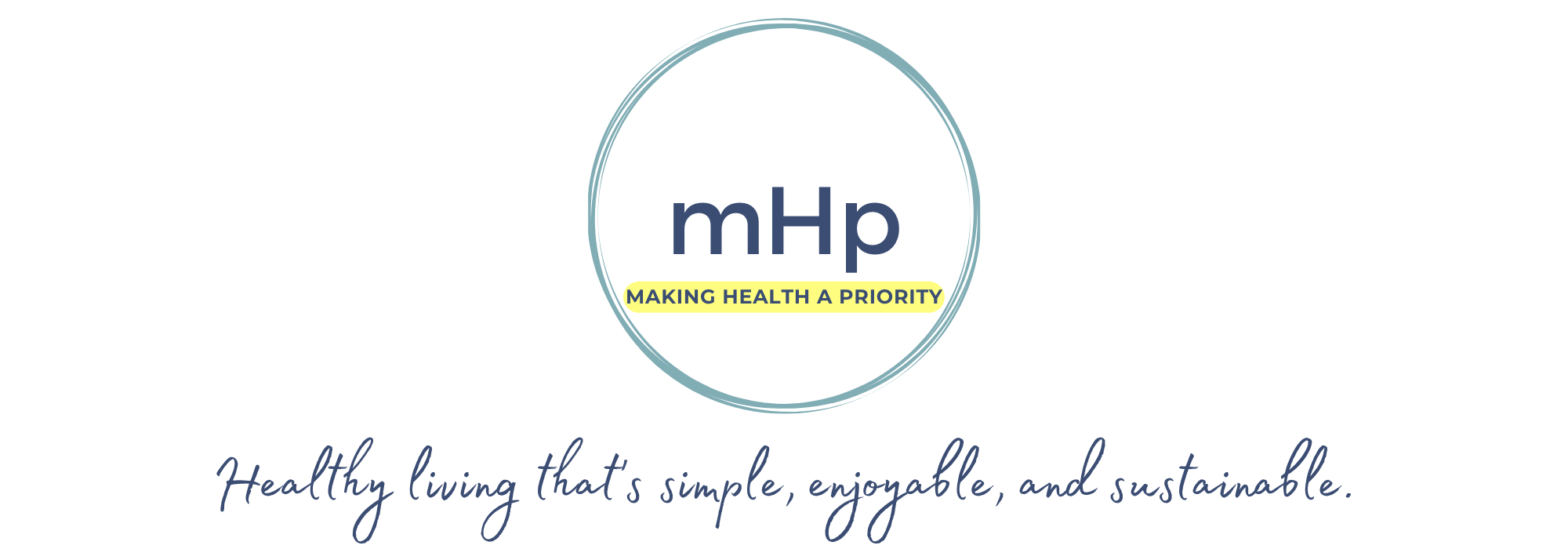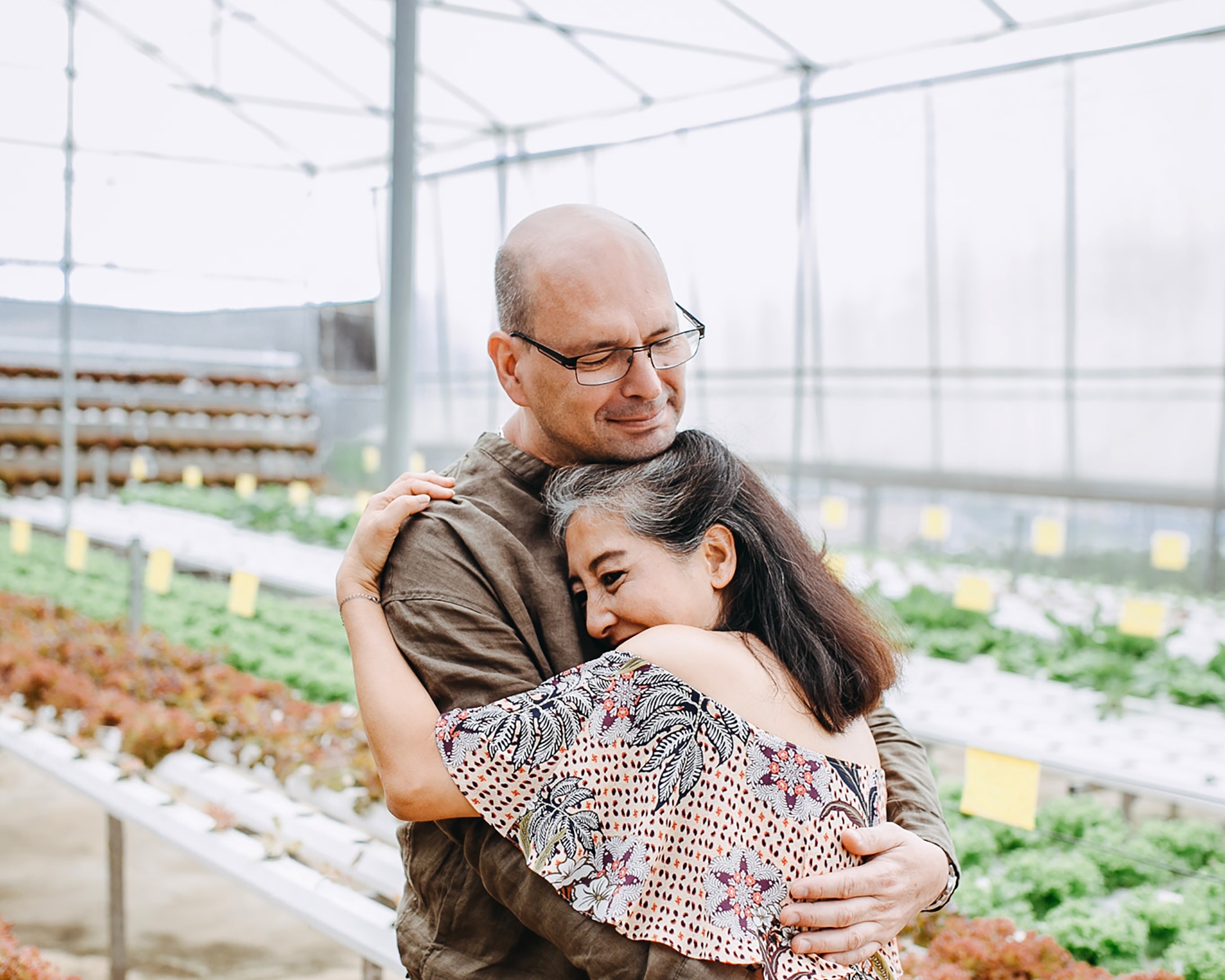Just How Important Are Our Relationships?
Photo by Anthony Tran, Unsplash Images
In an excellent TED talk by Dr. Robert Waldinger (titled What Makes a Good Life?), this question is posed:
"If you were going to invest, now, in your future best self, where would you put your time and your energy?"
Robert Waldinger is a psychiatrist and the director of the Harvard Study of Adult Development, which may be the longest and most comprehensive study of adult life that has ever been done. This study has tracked the lives of 724 men from their teen years into old age and death. The study has shed light on important factors that lead to a happy and healthy life.
As a health care provider, I was particularly intrigued by this statement in Waldinger's presentation:
"It wasn't their middle age cholesterol levels that predicted how they [the study participants] were going to grow old. It was how satisfied they were in their relationships. The people who were most satisfied in their relationships at age 50 were the healthiest at age 80."
The study reveals that healthy relationships decrease both physical decline (such as debilitating disease) and mental decline (such as memory loss).
Waldinger explains:
"The clearest message that we get from this 75-year study is this: Good relationships keep us happier and healthier. Period."
Three important takeaways from this landmark study are:
- Social connections are really good for us, and loneliness kills. (I've written about this topic before, pointing out how loneliness increases mortality by 45% and is as dangerous for your health as smoking 15 cigarettes per day!)
- It's the quality, not the quantity of our relationships that matters most.
- Good relationships protect our bodies and brains.
So how might we invest in our relationships and improve our health? The possibilities are endless, but Waldinger provides some practical examples. We can:
- Replace screen time with people time
- Liven up a stale relationship by doing something new together
- Reach out to a loved one we've lost contact with.
If you have high cholesterol, hypertension, diabetes, or any other chronic health condition that requires medication, by all means, see your health care provider and get the medicine you need. But understand that there are other powerful factors affecting your cardiovascular health (and health in general). These are your relationships.
Unfortunately, your health care provider does not have a pill for this. (Trust me, I know.) However, you have the power to turn your relationships into a health-promoting "drug," for both you and your loved ones.
To evaluate your relationships, consider the following questions:
- Who do you spend the most time with? Are these relationships health-promoting or health-sabotaging?
- Are you making time for those you care about most? When you spend time with loved ones, is it quality time? Are you fully present, or are you distracted?
- Who do you need to spend more time with? Who do you need to spend less time with?
- How might you be a better friend/spouse/parent/co-worker/etc.?
Of course, building and sustaining healthy relationships is a far cry from a quick-fix pill. As Waldinger points out, relationships get messy and complicated, and they take a lot of work. However, this work pays huge dividends in the end.
For tips on building healthy relationships, check out this post, where I outline 8 Pathways to Intimacy and Health, from an excellent book called Love and Survival by Dr. Dean Ornish, MD.
So... hug on your kiddos, and tell them how proud you are of them. Plan a date with your spouse or significant other (no cell phones allowed). And make time for friends and family who are dear to you (in person, not a quick text or "like" on Facebook).
In doing so, you are improving your own health and the health of your loved ones.
This post was originally published on February 14, 2018.



Thanks for checking out my blog! To learn a bit more about me, click here. If you would like to join my email list, you can subscribe here. You can also "like" the Making Health A Priority Facebook page by using the icon at the bottom of this page. Wishing you the best on your journey to better health!
Kiley Owen, PA-C